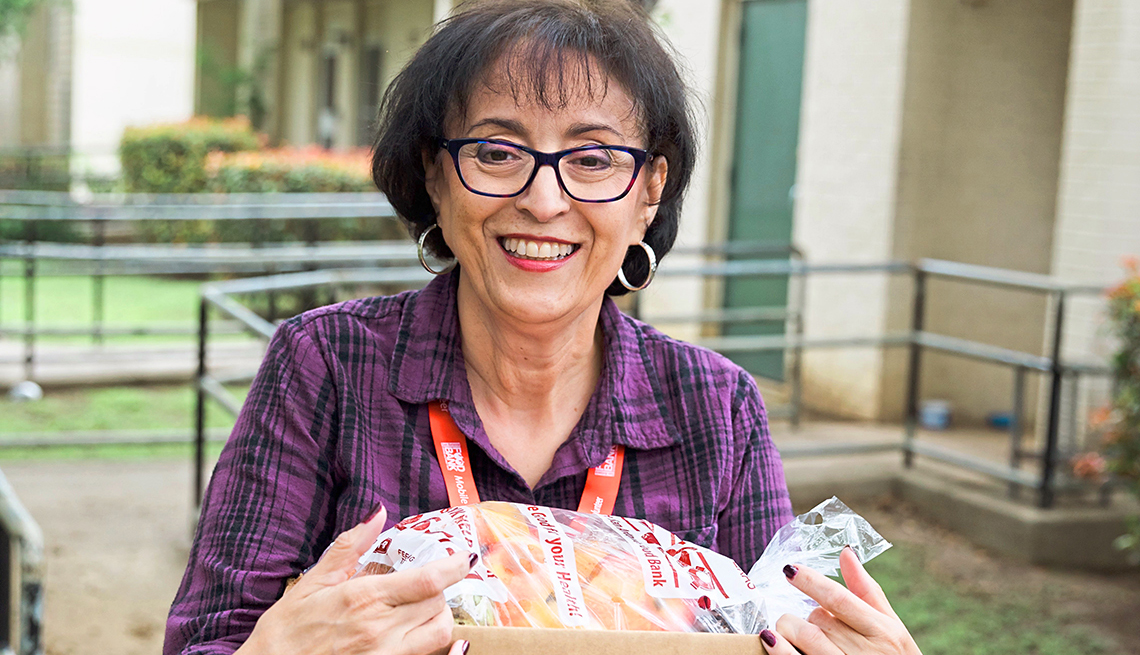- Select a language for the TTS:
- UK English Female
- UK English Male
- US English Female
- US English Male
- Australian Female
- Australian Male
- Language selected: (auto detect) - EN
Play all audios:
WATER in natural bodies like lakes and rivers is to be tested this week for radioactivity, because it in some cases it feeds into drinking water.
The checks, by the public health agency Direction Générale de la Santé, follow the nuclear accident at Fukushima in Japan, and the passage over France of tiny amounts of residue from it.
However any radioactivity found is expected to be at very low levels.
Criirad, an NGO specialising in radioactivity, says it has already found radioactive iodine 131 in some rainwater in the Ardèche and the nuclear safety body IRSN says it found some traces at
levels above normal in rainwater from Yvelines.
An association that checks for radioactivity on behalf of residents near power stations, Acro, says it found some “very slightly contaminated grass” at five places around France in Isère,
Yvelines, Haut-Rhin, Puy-de-Dôme and Calvados.
One of their experts, Mylène Josset, said this was “without major consequences for health” and produce from the areas could be eaten after ordinary washing.
The radiation found was from 1.1-3,4 becquerels per kilo of grass. Levels up to 100 are safe for consumption, Mrs Josset said.
In one of the areas studied 0.8bq/kg was found of another radioactive substance, cesium 137, though it is not certain this was due to the Japanese accident.
The studies were done by Acro and Greenpeace, helped by supporters in each area.


:max_bytes(150000):strip_icc():focal(999x0:1001x2)/farrah-abraham1-9a3873a5eb5247b586dec0776e0d85cd.jpg)



:max_bytes(150000):strip_icc():focal(665x0:667x2)/chyna-kardashian-2000-1-0a1ef18ed38a462d9290606d8df05433.jpg)


:max_bytes(150000):strip_icc():focal(719x214:721x216)/gwyneth-paltrow-ellen-3-633a8a257f7a4c6fb69c53152cd9ad51.jpg)